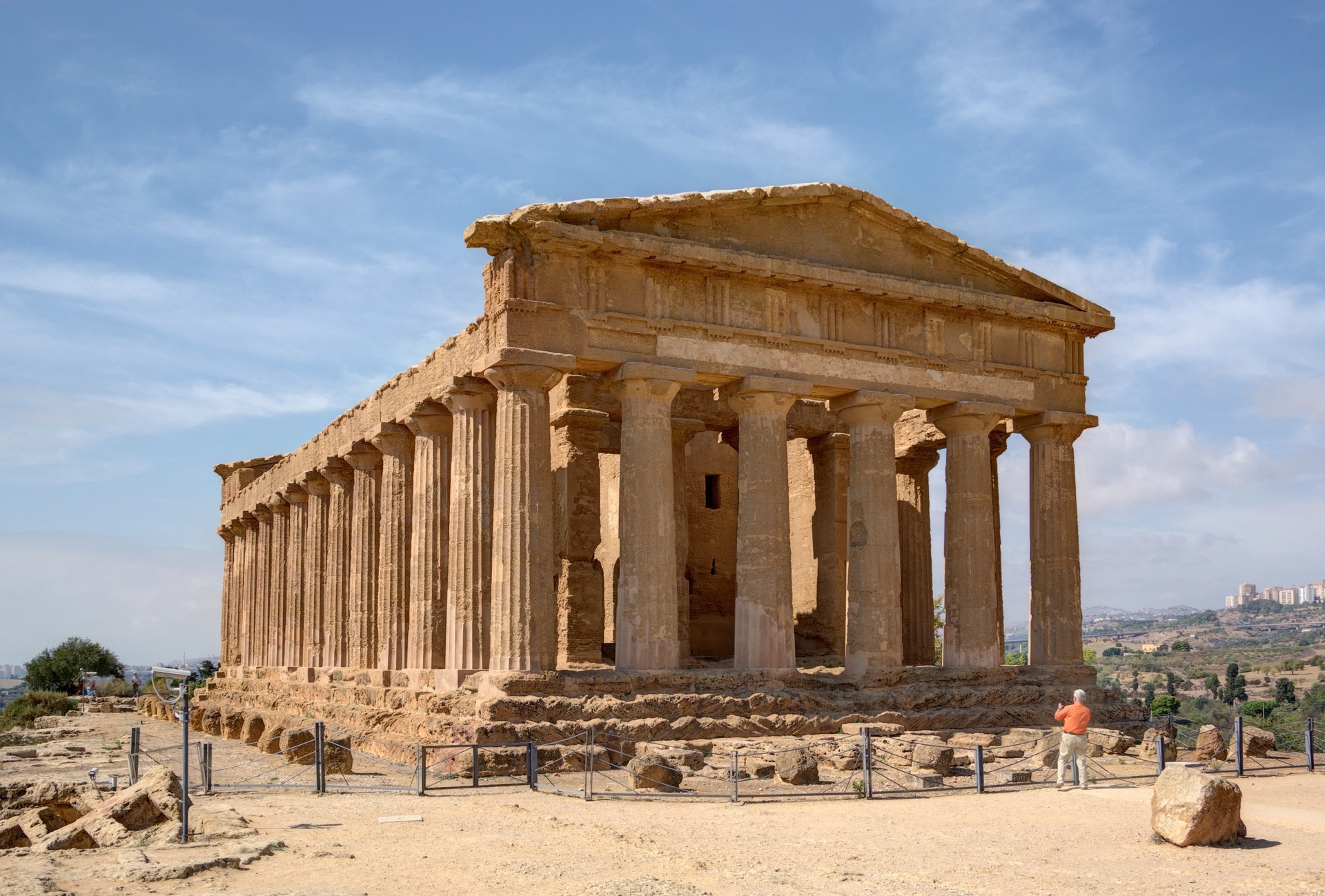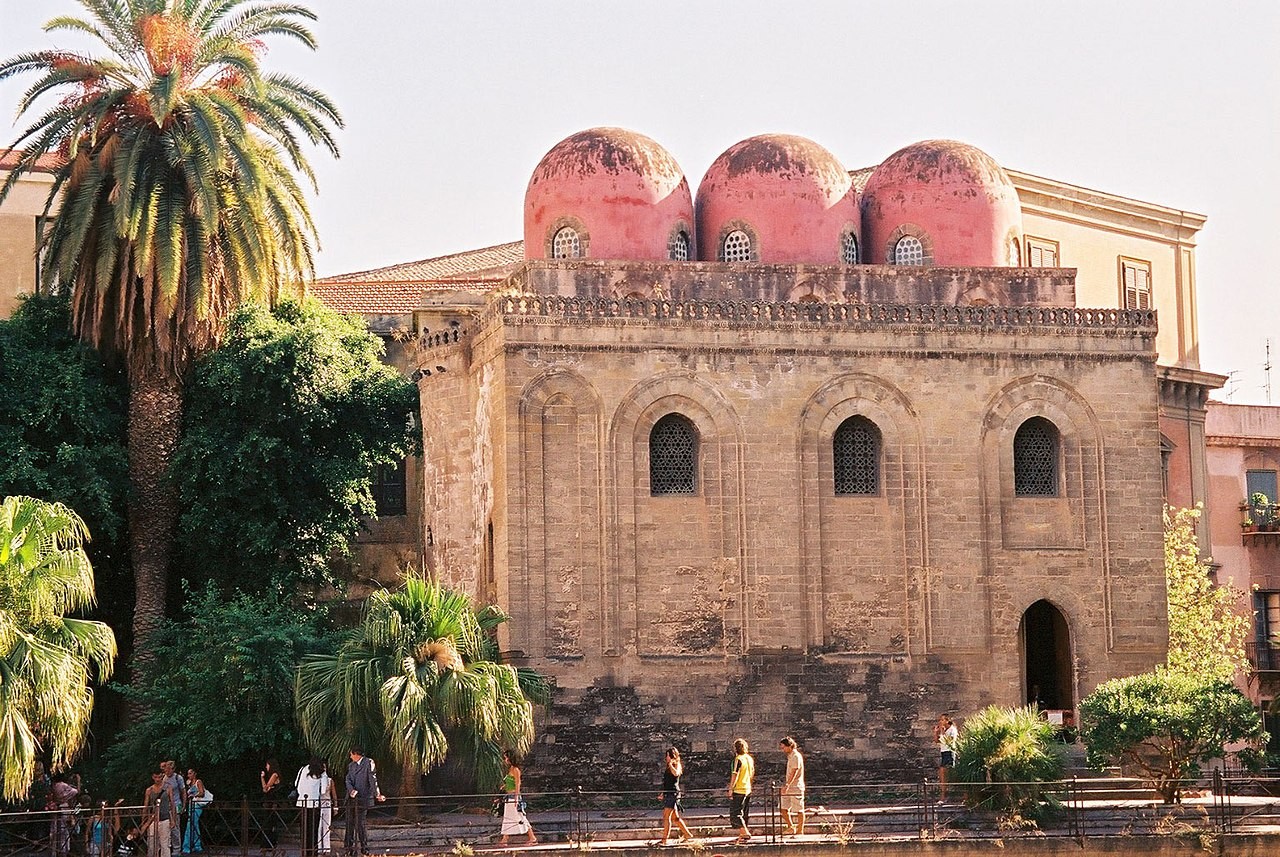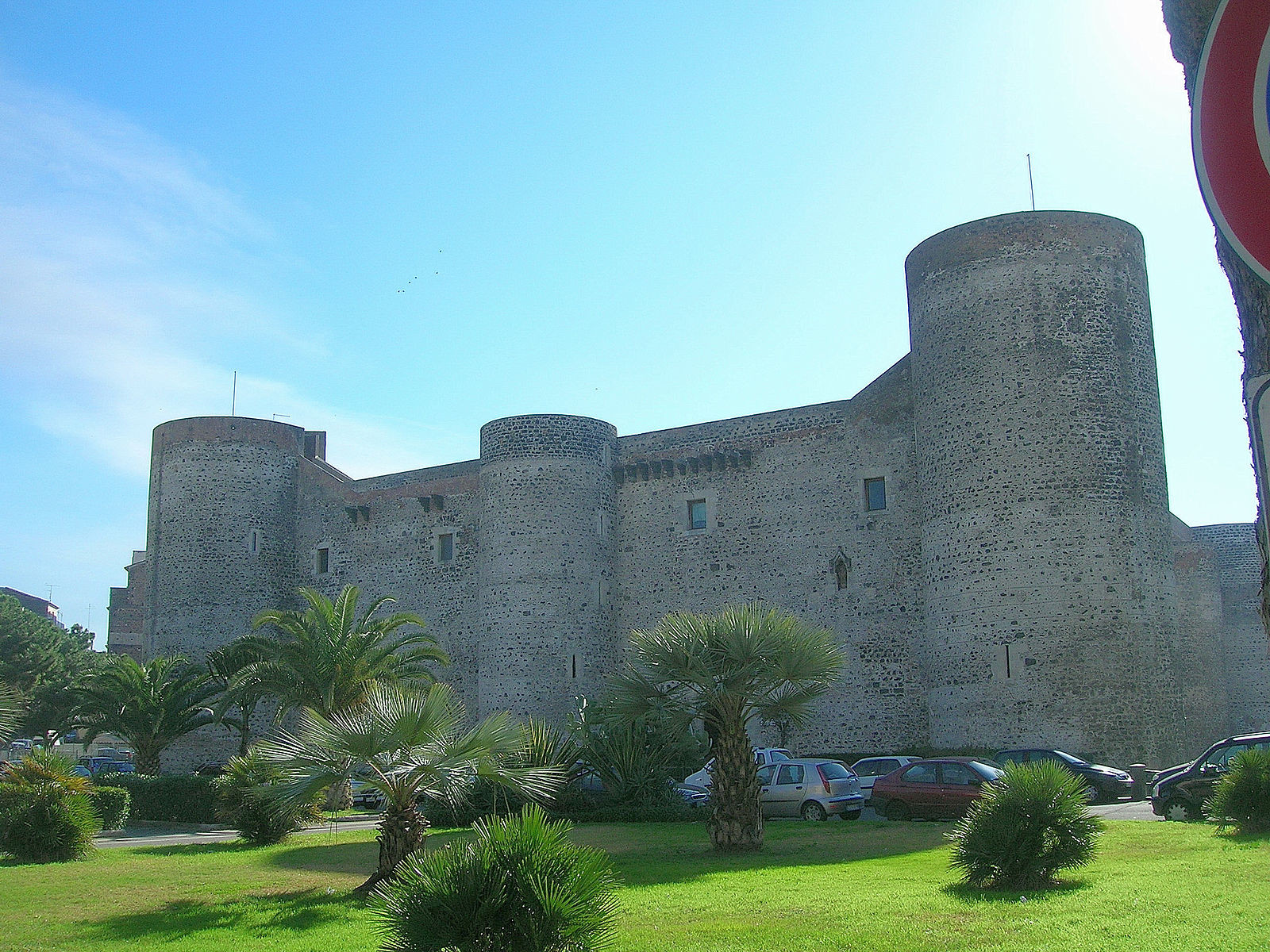Introduction: A Short History of Sicily
Welcome to my new blog! Great to see you back here after following me through Greece! In order to understand the trip through Sicily, I thought it would be helpful to give you a short history of Sicily (especially Palermo) as an introduction because so much happened here, in the centre of the Mediterranean region... Here you go!
There are some Stone Age relics that show that a prehistoric settlement has been there before the Elymians arrived from Troy and founded Eryx and Segesta, the Sicanians arrived from Maghreb or Iberia and the Siculans from mainland Italy. The Phoenicians arrived in Sicily in the 9th century BC for trade and founded Panormus (Palermo). In the 7th/6th century BC, Greek colonisers arrived at the island, and the settlers founded cities such as Syracus and Zankle (Messina); while Ionic settlers from the region of Athens generally kept peace with the natives, Doric settlers from the region of Sparta tended to drive them out of their homelands and take the land by force. Many theatres and temples were built in this time and are still standing to be seen. A second wave of newly founded colonies such as Himera, Acragas and Selinunt in the 7th/6th century BC coincided with the arrival of Punic forces from Northern Africa. After a short episode of King Pyrrhus conquering the island in the 3rd century BC, Sicily became the first Roman colony of the expanding republic after the Romans conquered Syracus in 212 BC (although Archimedes defended the city with his machines and light-focussing mirrors which set some Roman ships on fire by reflecting and concentrating the sunlight on them).

In the 5th century AD, Sicily underwent great changes under the Goths, just like the rest of central Europe did. In the year 535, it became part of the Byzantine Empire under Justinian and his general Belisar. The Arabs raided Sicily from the 8th century onwards, killing many people, but also bringing irrigation and trade to new heights. Churches were converted to mosques, and many people converted to Islam so that in the 11th century, more than two thirds of the population were Muslims. Christians and jews were regarded as dhimmis and had to pay a tribute, but could mainly live according to their own rules. Names such as Marsala (mars-allah) are testimonies to Arabic dominance on the island, as well as some cupolas and inscriptions in Palermo.

The 11th century brought Normans to the island who built blocky palaces such as in Palermo and had to use the already existing systems and structures to back up their reign; Jews and Muslims had to pay taxes, but could have their own jurisdiction (a striking parallel to the Arab system described above). In the 13th century, the Staufen family followed the rule of the Normans. The most "notable" member was Frederic II. who deported the remaining 20,000 muslims of the island to Lucera in Apulia on the mainland. In quick succession, a period of French dominance under Charles I. Anjou followed, as well as a Spanish dominance under Peter III. of Aragon. Sometimes, the people rebelled against these families due to high taxes for example.

The 18th century saw three unstable reigns under Savoyen, Austria and Spain. King Ferdinand united Naples and Sicily to a united kingdom in 1816, and only Garibaldi united Sicily with the Kingdom of Italy in 1861. High demands from the agriculture imposed by a Northern Italian elite lead to structural inequality, giving rise to Communist structures and causing mass emigration to the USA (including some mafia clans). Even in a region of Italy in the EU today, criminal structures continue to have considerable power onthe island. However, with all this fascinating history, Sicily is a very nice place to see... follow my next posts!;)
Photo gallery
Content available in other languages
Want to have your own Erasmus blog?
If you are experiencing living abroad, you're an avid traveller or want to promote the city where you live... create your own blog and share your adventures!
I want to create my Erasmus blog! →


















Comments (0 comments)